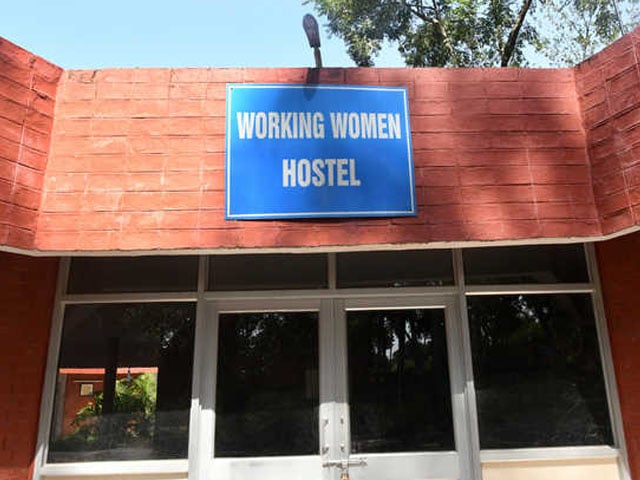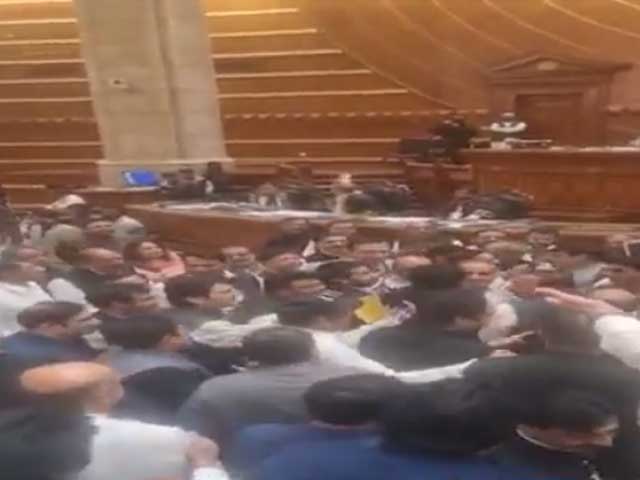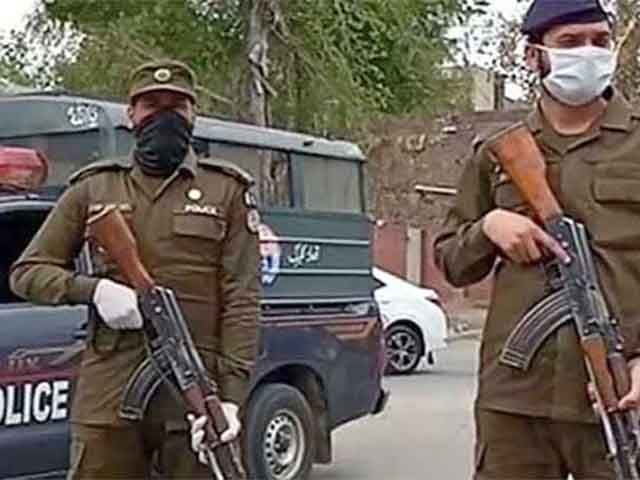Lahore: The Working Women’s Hostel Authority, which was approved during the previous Punjab government, could not be operational yet.
According to Express News, the Working Women’s Hostel Authority created to solve the residential problems of working women in Punjab has not been operational till now. There is no Minister of Women Development Department in caretaker provincial government.
Caretaker Information Minister Amir Mir says that according to the Punjab Women Hostels Authority Act 2023, the authority must have three women members of the assembly, one of whom should be from the opposition, while two women should be nominated by the Speaker of the Assembly. At present, since there is a caretaker government, the establishment has not been activated due to this legal and technical issue.
He said that it is necessary to establish an authority to bring the hostels under the legal framework and make rules and regulations for them. It is hoped that any elected government after the elections will surely activate this authority.
It should be noted that the biggest problem for women working in cities away from home is accommodation. These women away from family have to stay in government or private hostels, on which the Punjab government approved the Working Women’s Hostels Authority Act in February 2023 to register, monitor and regularize hostels.
Currently, there is no record of the number of private hostels in Punjab including Lahore. Hundreds of hostels have been built by renting residential buildings.
Mazaharshgari, who runs a private hostel in Lahore, said that the people themselves record the women staying in the hostel, which includes a copy of their national identity card, a photograph, a copy of the identity card of the woman’s father or husband and the institution in which she studies or They take a confirmation letter from there and submit a copy of this record to the local police station.
He said that the situation is that the staff has to be trained to submit the records in the police station, apart from this, since there were some incidents of terrorism or any unpleasant incident happened in a hostel, then people from different agencies would also come to check. There are and most of them withdraw money.
Samira Samad, secretary of the Women’s Welfare Department, said that there are currently 16 working women’s hostels in 12 districts of Punjab under the management of the Women’s Welfare Department with a total of 625 beds. There are four hostels in Lahore, two in Rawalpindi, while one each in Gujranwala, Faisalabad, Sahiwal, Wahari, Multan, Bahawalpur, Muzaffargarh, Dera Ghazi Khan, Rahim Yar Khan and Sargodha. Some of these hostels are built in government buildings and some in rented buildings under public private partnership.
According to Sameera Samad, the best accommodation facilities are provided in these hostels while security is also taken care of. He said that hostels will be built in all the districts of the province, while there is a plan to build more than one hostel in big cities, the budget will be allocated for the women’s hostels authority in the next financial year, after which the staff will be recruited for the authority.
The Secretary of the Women’s Welfare Department said that any working woman can stay in the hostel, it is not necessary to be a government employee. Hostels rents are very low which needs to be increased. Currently, rents fixed in 2014 are being collected.
According to the information received from the Women’s Welfare Department, the rent of a single room in a hostel in Lahore, Faisalabad, Rawalpindi and Multan is 1500 rupees, the rent of a double room is 1000 rupees per person, the rent of three and four bedrooms is 800 rupees per person, while in other cities The rent of a single room in working women’s hostels is Rs 1000 and the rent of a double, three or four bedroom room is Rs 800 per person. All residents pay electricity and gas bills separately.
A refundable security of Rs.5,000 is taken from resident women in big cities and Rs.4,000 in small cities. In some hostels each room has a separate sub meter while in other hostels the bill is paid by all the residents together. In the hostels, laundry area and ironing area are also allocated by Antamiya, while kitchens are also built in all the hostels, but in most of the hostels, the residents order food from outside. A few hostels have mess committees which provide three meals a day to female residents.
(function(d, s, id){
var js, fjs = d.getElementsByTagName(s)[0];
if (d.getElementById(id)) {return;}
js = d.createElement(s); js.id = id;
js.src = “//connect.facebook.net/en_US/sdk.js#xfbml=1&version=v2.3&appId=770767426360150”;
fjs.parentNode.insertBefore(js, fjs);
}(document, ‘script’, ‘facebook-jssdk’));
(function(d, s, id) {
var js, fjs = d.getElementsByTagName(s)[0];
if (d.getElementById(id)) return;
js = d.createElement(s); js.id = id;
js.src = “//connect.facebook.net/en_GB/sdk.js#xfbml=1&version=v2.7”;
fjs.parentNode.insertBefore(js, fjs);
}(document, ‘script’, ‘facebook-jssdk’));



